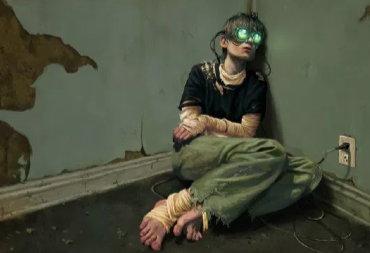
Virtual tech could help train the brain to fight addiction
Virtual reality is gaining in power, with each generation of gear unleashing new levels of engagement impact.
Now, health educators and psychologists are exploring whether or not this new power could be used not only for entertainment, but also for helping to curb addiction.
As reported in NOLA.com, for more than a decade Patrick Bordnick, the dean of Tulane University’s School of Social Work, has investigated the possibility that the world of virtual reality could be used in addiction treatment.
He started exploring virtual reality when the technology was still in its early stages 12 years ago as a potential tool that cognitive behavioral therapists could use to help addicts cope with triggers that cause them to relapse. He is also researching how the technology could be used to help patients with autism better manage social situations mirrored in the virtual realm.
“We look at how cravings are triggered by certain cues in the environment,” he explained. A cue, or a trigger, can be anything from a place the addict associates to using the drug, a person, or even a time of day.
Bordnick saw the potential of recreating different environments in the virtual reality world to study how a recovering addict responds to different triggers and to help them develop coping tools when they encounter those triggers in the virtual world, which can then be applied to real life.
Are you or a loved one struggling with addiction, lying to yourself and others? Don’t wait any longer to ask for help. In today’s environment, you never know when your next dose will be your last!
Our Neuro Rehabilitation approach helps address the root causes of addiction once and for all.
To learn more about how virtual reality could help addicts deal with their triggers, please visit NOLA.com.






